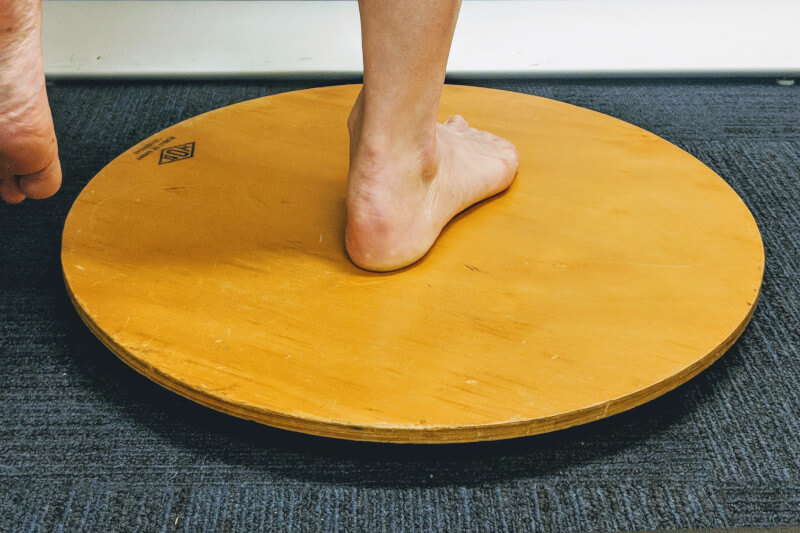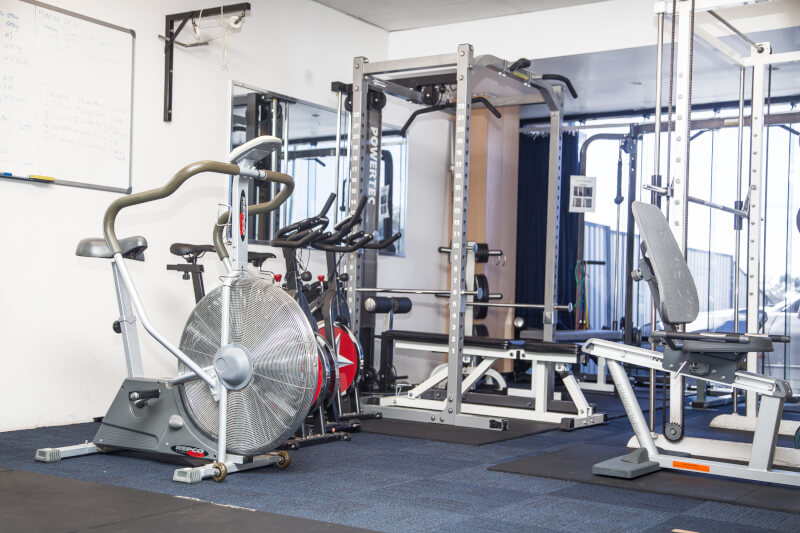Physiotherapy Services
Sports Physiotherapy Brisbane
Each of our physiotherapists in the Active Care team have played and competed in high level sporting competition, which means we understand your goals and needs when it comes to returning to your chosen sport. We have a wide variety of knowledge and experience in various sporting codes and will be able to relate to yours. We regularly design and implement treatment and rehabilitation programs to specifically target problem areas which are affecting your performance. It’s with this sports physio knowledge that you will see speedy positive results during your recovery.
Active Care Physiotherapy is home to athletes who complete at an international and state level, as well as many social level competitors.
Ask us what we can do to help you with your sports physio needs!
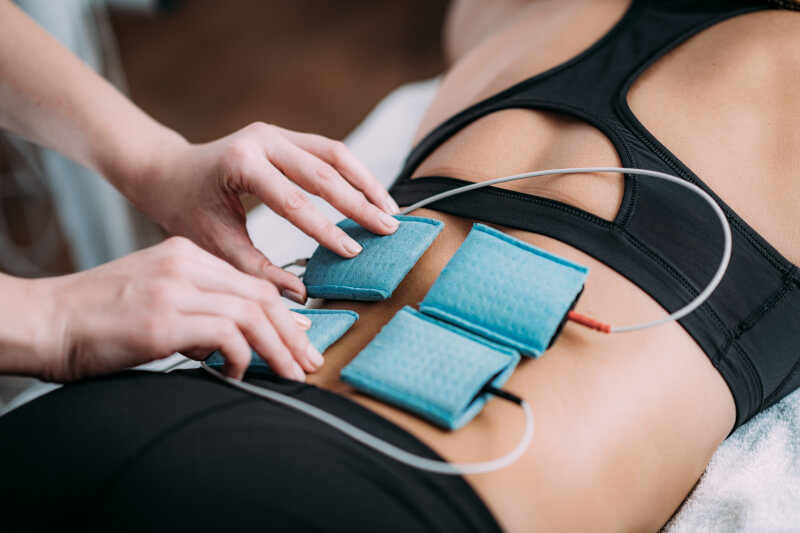
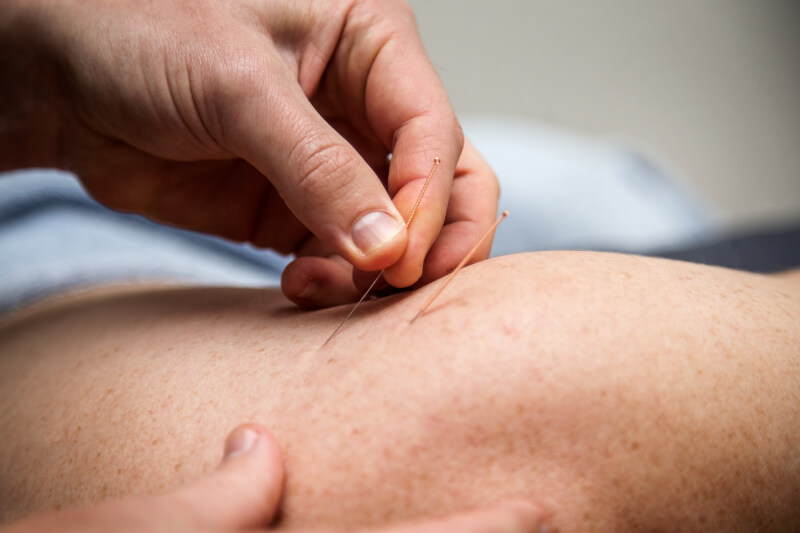
Dry Needling
Dry Needling is used to enhance the healing process for many types of injuries. The process of Dry Needling involves the insertion of a very thin needle which stimulates a healing response within the soft tissue, whether it is tendon or muscle. It is particularly effective for chronic conditions and general muscle tightness or pain. In chronic injuries the Dry Needling technique causes an increased blood flow to the affected area which stimulates a healing response which had not occurred previously.
Dry needling can used for a wide variety of conditions including but not limited to:
- Arthritis
- Tendonitis
- Bursitis
- Overuse injuries
- Muscle strains and sprains
- Headaches
- Neck pain
- Back pain
- Tennis elbow & Golfers elbow
- Chronic pain
- Muscle tightness/tension
- More
What to expect?
The needle used during Dry Needling is very fine so you may not feel the initial skin penetration. When a muscle is very tight you will quite often feel a ‘twitch’ response from the needle which is when the muscle spasms or ‘twitches’ involuntarily. It is normal to have some slight soreness around the needled area for up to 48hrs after the treatment followed by an improvement in your symptoms. Occasional bruising can be a minor side effect of Dry Needling.
Dry Needling or Acupuncture?
All of our physiotherapists at Active Care are expertly trained in Dry Needling. Both Acupuncture and Dry Needling share a common aim; to provide pain relief. However Acupuncture focuses on aligning a patient’s energy, otherwise known as “Qi” or “Chi”. Dry Needling is more modern technique that uses western neurological anatomy to target “knots” or “trigger points” within muscles. Dry Needling also uses the same needles as Acupuncture.
Real Time Ultrasound
Real time ultrasound physiotherapy utilises an ultrasound machine to assist with assessment and treatment of lower back pain and pelvic floor dysfunction. The core and pelvic floor muscles can often be de-conditioned in patients who are suffering from these conditions, and in the past it was difficult to identify issues in these deeper muscle groups due to their location.
The use of a real time ultrasound machine allows us to see how these deep stabilising muscles activate and perform during certain activities or exercises. This is often particularly useful in those who suffer from chronic lower back pain or incontinence.
Our physiotherapists have training to assist with pelvic floor retraining both during pregnancy and after childbirth, with real time ultrasound providing a non-invasive method to assess the quality of contraction and overall integrity of the pelvic floor.
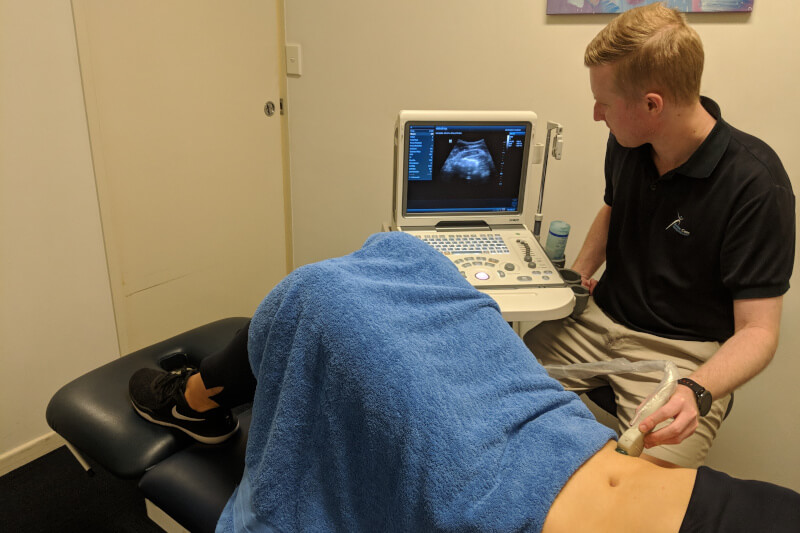
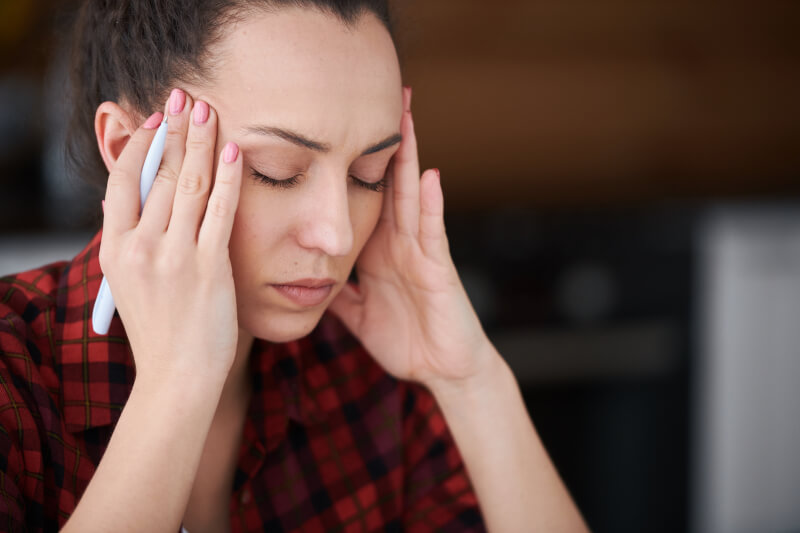
Dizziness, Vertigo/BPPV Physiotherapy
Dizziness can arise from a number of different causes, however is commonly associated with a condition known as BPPV, commonly known as ‘Vertigo’.
BPPV stands for:
- Benign (not sinister)
- Paroxysmal (sudden onset and settling generally lasting less than a minute)
- Positional (caused by certain positions or movements)
- Vertigo (spinning or falling sensation sufferers experience during a bout)
This occurs due to a build up or dislodging of calcium crystals known as otoconia in your inner ear, more specifically your semicircular canals and in most patients this occurs in their posterior canal (~90%).
These crystals disturb the flow of fluid inside these semicircular canals designed to flow across tiny hairs known as cilia that are attached to nerves. The hair cells act like seaweed moving back and forth which tells the inner ear and in turn the brain where you and your head are in space. It is a very sensitive system and any disturbance to this system can cause disorientation, dizziness, nausea, visual disturbances, nystagmus (beating of the eyes) and in severe cases loss of balance.
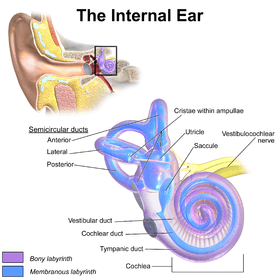
BPPV Treatment
The good news is that generally symptoms are short lived and that BPPV is usually well managed by Physiotherapists with around 90% of cases subsiding within 3 sessions. Firstly your physio will speak to you about your symptoms such as aggravating movements, times of the day, duration, intensity and general symptoms. From there they may perform several tests to distinguish the specific canal and side of irritation.
The physiotherapist can perform a series of movements to re position these crystals to a less sensitive area of the inner ear which in most cases will almost instantaneously improve symptoms. This will be followed by advice and exercises to limit the chances of re-occurrence.
If you feel like you suffer from any of these symptoms or have BPPV please contact us at Active Care Physiotherapy so we can help.
Physiotherapy Classes
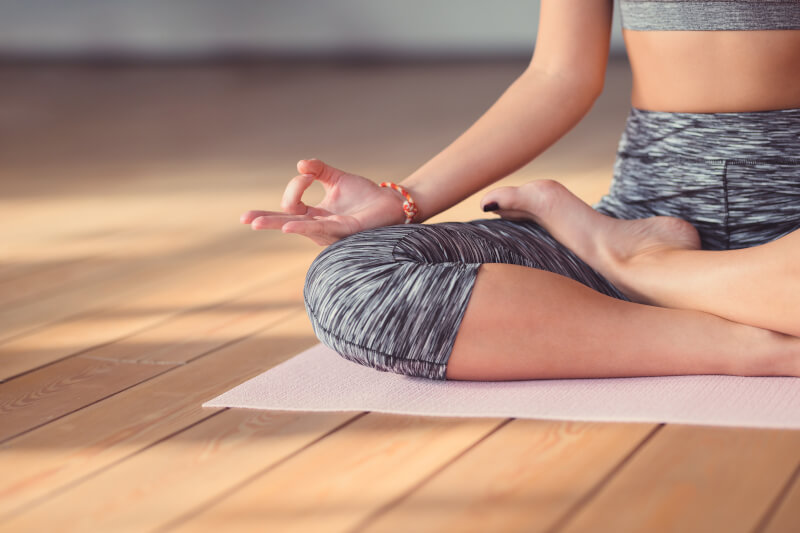
Pilates Classes
The Pilates classes at Active Care Physiotherapy aim to improve core strength and overall health and fitness. We have many clients who regularly attend these classes to properly manage their chronic lower back injuries.
There is a pre-screening process which consists of a one on one session to understand each individual’s level of fitness.
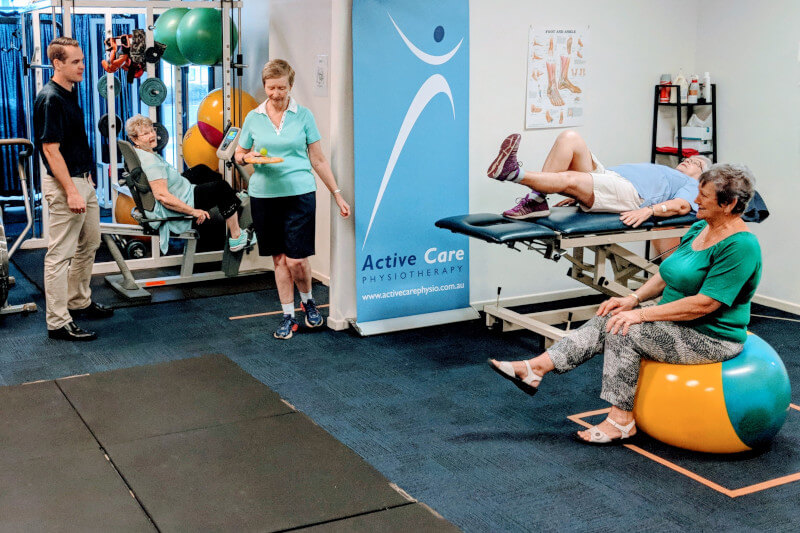
Balance & General Exercise Class
Our balance and general exercise class is run by our physio Maddie every Wednesday at 10am. This class incorporates evidence-based exercises to improve or maintain balance, mobility, strength and endurance. As per ESSA recommendations, this class involves balance, resistance based and body-weight exercises. As a small-group class, there is opportunity for more individualised feedback and support. The program is suitable for all fitness levels and can be tailored to suit individualised needs and goals including balance concerns, osteoporosis, and general strength and well-being. Give our friendly reception staff a call to inquire about a place in the class.
Conditions We Treat
- Injury management
- Muscle strains/tears
- Joint Sprains
- Back pain
- Sciatica
- Sacroiliac joint pain
- Pregnancy physio
- Core retraining
- Neck pain
- Headaches/migraines
- Rotator cuff tears
- AC joint injury
- Chronic pain management
- Chest physio
- Complex regional pain syndrome
- Fibromyalgia
- Golfer’s elbow
- Tennis elbow
- Growing pain
- Osteoarthritis
- Lumbar disc bulge
- Total knee replacement
- Total hip replacement
- ACL reconstruction
- Meniscus tears
- Groin strain
- Hamstring strain
- Calf strain
- Ankle sprain
- Shin Splints
- Plantar fasciitis
- Achilles injury
- Syndesmosis injury
- Post operative rehab
- Bursitis
- Shoulder impingement
- Shoulder dislocation
- Vertigo (BPPV)
- Pelvic floor dysfunction
- DeQuervain’s tenosynovitis
- Osteitis Pubis
- Osgood-Schlatter’s Disease
- Sever’s Disease
- Morton’s Neuroma
- Thoracic outlet syndrome
- TMJ/Jaw dysfunction
